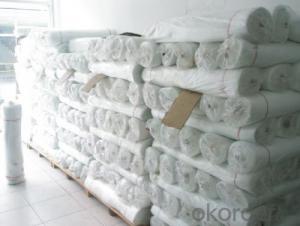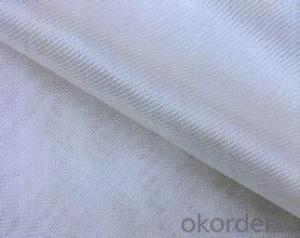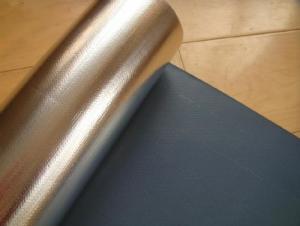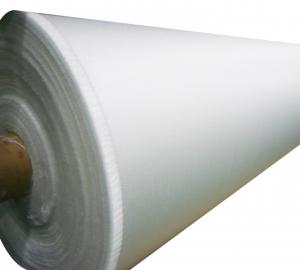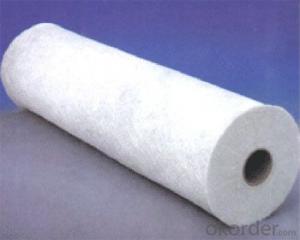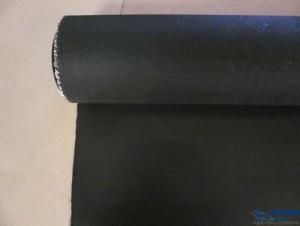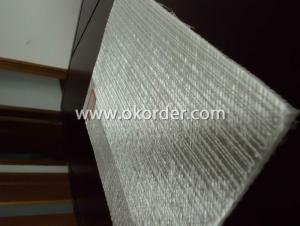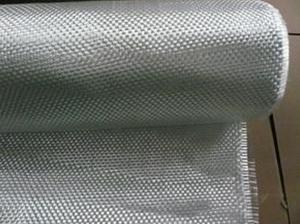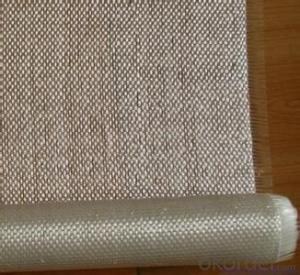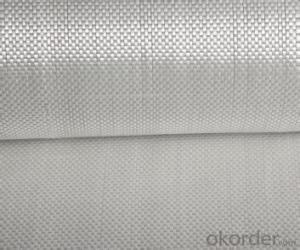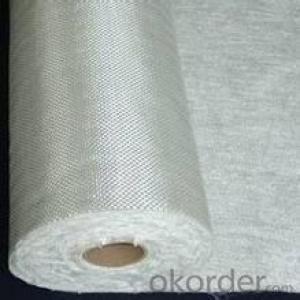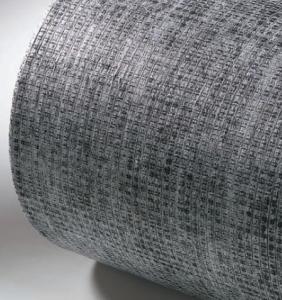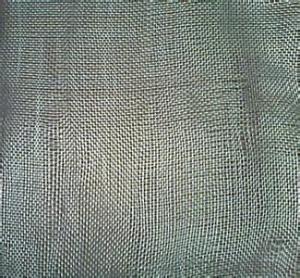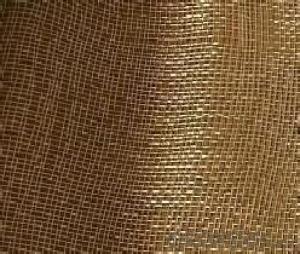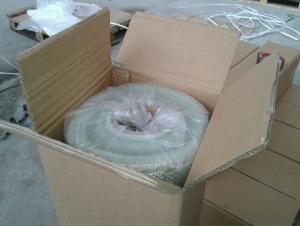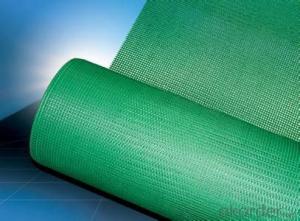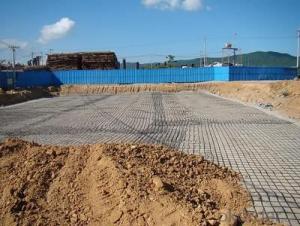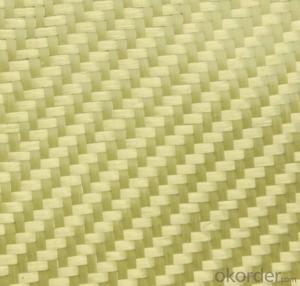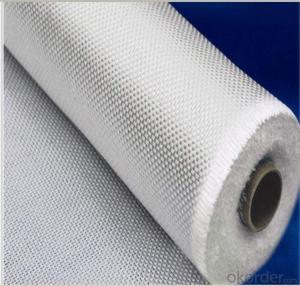All Categories
- - Steel Wire Rod
- - Steel Coils
- - Steel Profiles
- - Steel Pipes
- - Stainless Steel
- - Tinplate
- - Special Steel
- - Steel Sheets
- - Steel Rebars
- - Steel Strips
- - Hot Rolled Steel
- - Cold Rolled Steel
- - Pre-painted Steel
- - Seamless Steel Pipe
- - Welded Steel Pipe
- - Hollow Steel Tubes
- - Galvanized Pipe
- - Stainless Steel Coil
- - Stainless Steel Sheet
- - Stainless Steel Plate
- - Stainless Steel Strips
- - Electrolytic Tinplate Coil
- - Electrolytic Tinplate Sheet
- - Stainless Steel Rebars
- - Solar Panels
- - Solar Water Heater
- - Solar Related Products
- - Solar Inverter
- - Solar Cells
- - Solar Light
- - Solar Energy Systems
- - Solar Controllers
- - Solar Mounting System
- - Solar Pump
- - Solar Chargers
- - Fiberglass Chopped Strand
- - Fiberglass Mesh Cloth
- - Composite Pipes
- - FRP Pultrusion Profiles
- - Fiberglass Mat Tissue
- - Fiberglass Fabrics
- - Fiberglass Mesh
- - Composite Tank
- - Fiberglass Mesh tape
- - Polymer
- - FRP Roofing Panel
- - Fiberglass Roving
- - Monolithic Refractories
- - Ceramic Fiber Products
- - Refractory Bricks
- - Raw Materials For Refractory
- - Suspended Platform
- - Cranes
- - Concrete Machinery
- - Earthmoving Machinery
- - Building Hoist
- - Road Building Machinery
- - Plastic Pipe Fittings
- - Plastic Tubes
- - Plastic Sheets
- - Agricultural Plastic Products
- - Plastic Nets
 All Categories
All Categories
Q & A
What are the environmental benefits of using cold rolled steel?
Using cold rolled steel has several environmental benefits. Firstly, the cold rolling process requires less energy compared to hot rolling, resulting in lower greenhouse gas emissions and reducing the overall carbon footprint. Additionally, cold rolling eliminates the need for heating the steel to high temperatures, which reduces air pollution and energy consumption. Furthermore, cold rolled steel has a higher strength-to-weight ratio, meaning less material is needed to achieve the same structural integrity, resulting in reduced resource consumption and waste generation. Overall, the use of cold rolled steel helps minimize environmental impact and promote sustainable manufacturing practices.
How is the stiffness of fiberglass fabric determined?
The stiffness of fiberglass fabric is determined by factors such as the weave pattern, fiber composition, and the density of the fabric.
How does fiberglass fabric perform in pharmaceutical manufacturing applications?
Fiberglass fabric performs exceptionally well in pharmaceutical manufacturing applications due to its numerous advantageous properties. It is highly resistant to chemicals, making it ideal for use in environments where exposure to acids, solvents, and other corrosive substances is common. Additionally, fiberglass fabric is non-reactive, meaning it does not release any harmful particles or contaminants that could compromise the integrity of pharmaceutical products. Its excellent heat resistance also makes it suitable for applications involving high temperatures, such as autoclaving or sterilization processes. Furthermore, fiberglass fabric is durable, easy to clean, and has a low risk of bacterial growth, making it a reliable choice in pharmaceutical manufacturing where hygiene and cleanliness are crucial.
How is fiberglass fabric used in the production of insulation boards?
Fiberglass fabric is used in the production of insulation boards as a reinforcing material. It is typically placed between layers of insulation material, such as foam or mineral wool, to provide strength, stability, and durability to the boards. The fiberglass fabric acts as a reinforcement, preventing the insulation material from sagging or shifting over time, while also improving its resistance to tearing or damage. This helps to create a more robust and long-lasting insulation board for various applications in construction and building insulation.
Wholesale Fiberglass Fabrics from supplier in Belarus
Whether you are in need of Fiberglass Fabrics for insulation, reinforcement, or any other application, we have you covered. Our Fiberglass Fabrics are made from high-quality materials and are designed to withstand extreme temperatures, chemicals, and mechanical stress. We offer a wide range of options in terms of weight, thickness, weave pattern, and finish, allowing you to find the perfect solution for your requirements.
In addition to our extensive product range, we also provide comprehensive sales, quotation, and technical support services. Our dedicated team of experts is available to assist you throughout the entire procurement process, from helping you choose the right product to providing technical guidance and troubleshooting. We understand that every project is unique, and we strive to offer tailored solutions that meet your specific needs.
As a subsidiary of CNBM, a Fortune Global 500 company, we have the resources and capabilities to ensure a seamless and efficient procurement process. Our strong supply chain, global network, and industry-leading manufacturing facilities enable us to deliver high-quality products on time and within budget. We are committed to providing excellent customer service and building long-term partnerships with our clients in Belarus.
Contact us today to discuss your Fiberglass Fabrics requirements in Belarus. Our team is ready to assist you and provide the best solutions for your projects.
In addition to our extensive product range, we also provide comprehensive sales, quotation, and technical support services. Our dedicated team of experts is available to assist you throughout the entire procurement process, from helping you choose the right product to providing technical guidance and troubleshooting. We understand that every project is unique, and we strive to offer tailored solutions that meet your specific needs.
As a subsidiary of CNBM, a Fortune Global 500 company, we have the resources and capabilities to ensure a seamless and efficient procurement process. Our strong supply chain, global network, and industry-leading manufacturing facilities enable us to deliver high-quality products on time and within budget. We are committed to providing excellent customer service and building long-term partnerships with our clients in Belarus.
Contact us today to discuss your Fiberglass Fabrics requirements in Belarus. Our team is ready to assist you and provide the best solutions for your projects.
Hot Search
- Fiberglass Chopped Strand in Czech Republic
- Fiberglass Mesh Cloth in Namibia
- Composite Pipes in Bengal
- FRP Pultrusion Profiles in Ecuador
- Fiberglass Mat Tissue in Honduras
- Fiberglass Fabrics in Cyprus
- Fiberglass Mesh in Malta
- Composite Tank in Spain
- Fiberglass Mesh tape in Ethiopia
- Polymer in Indonesia
